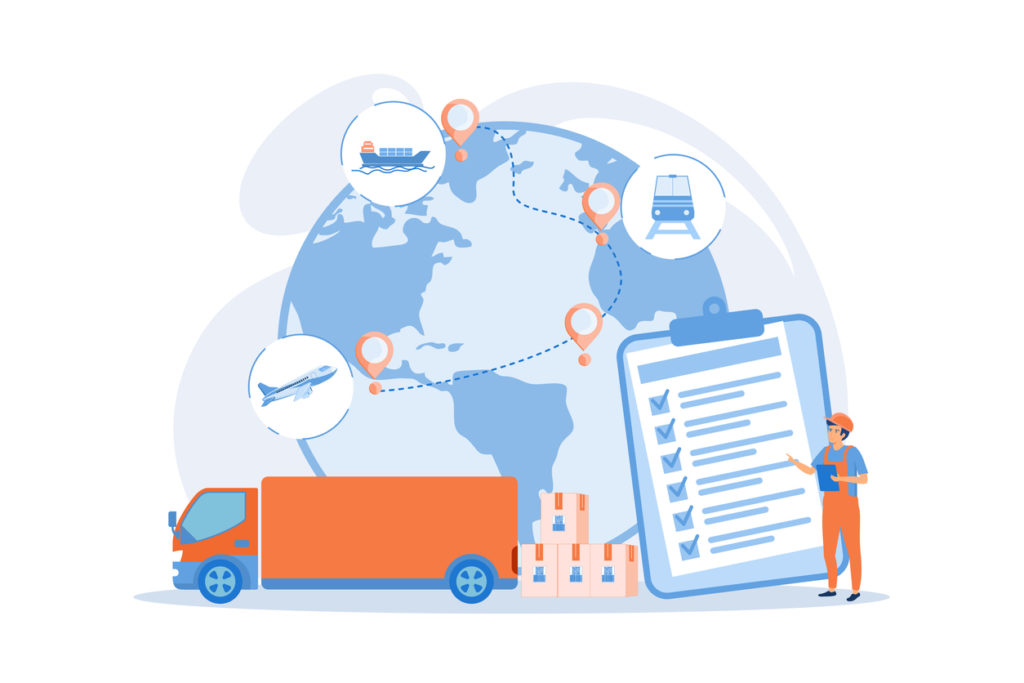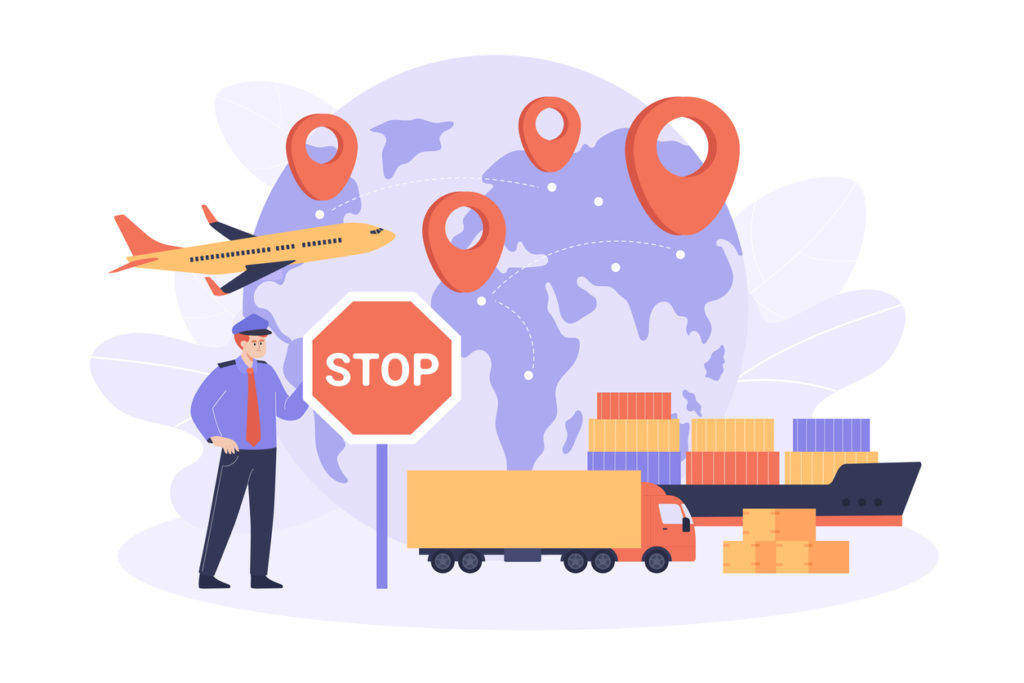What is an exporter?
There are many terms used in the international trade industry that can often cause confusion. One of these terms is “exporter”. It refers to the party in an export transaction that is responsible for the shipment of goods from a country. However, the exact definition and responsibility of an “exporter” differs depending on the context. In particular, there are differences between the “exporter under customs law” and the “exporter under foreign trade law”. This article is intended to clarify these terms.
1. customs exporter
In the context of customs law, the term “exporter” refers to the person or company responsible for the export of goods from the customs territory of a customs union or state. This is the party that submits the necessary export documents to the customs authorities and ensures that all customs requirements are met.
2. exporter under foreign trade law
Foreign trade law regulates international trade in relation to exports and imports, in particular with regard to restrictions and prohibitions. In the context of foreign trade law, the term “exporter” refers to the party that has the actual authority to decide on the shipment of goods abroad. This is often the manufacturer or seller, but can also be another party.
In contrast to exporters under customs law, exporters under foreign trade law are not only concerned with fulfilling customs formalities, but also with complying with export restrictions, licenses and other trade policy measures.
Differences at a glance:
-
The exporter under customs law is responsible for fulfilling customs formalities and ensures that the goods are properly exported from the customs territory.
-
The exporter under foreign trade law has the authority to decide on the export of goods and must ensure that all trade policy regulations are complied with.
Conclusion
The distinction between an exporter under customs law and an exporter under foreign trade law is of key importance for companies involved in international trade. While the first focuses mainly on customs formalities, the second has a broader responsibility in relation to the entire export process. A thorough understanding of these roles and responsibilities is essential to ensure that exports are carried out smoothly and in compliance with applicable laws and regulations.
Helpful links on the topic of exporters
What can we help you with?




